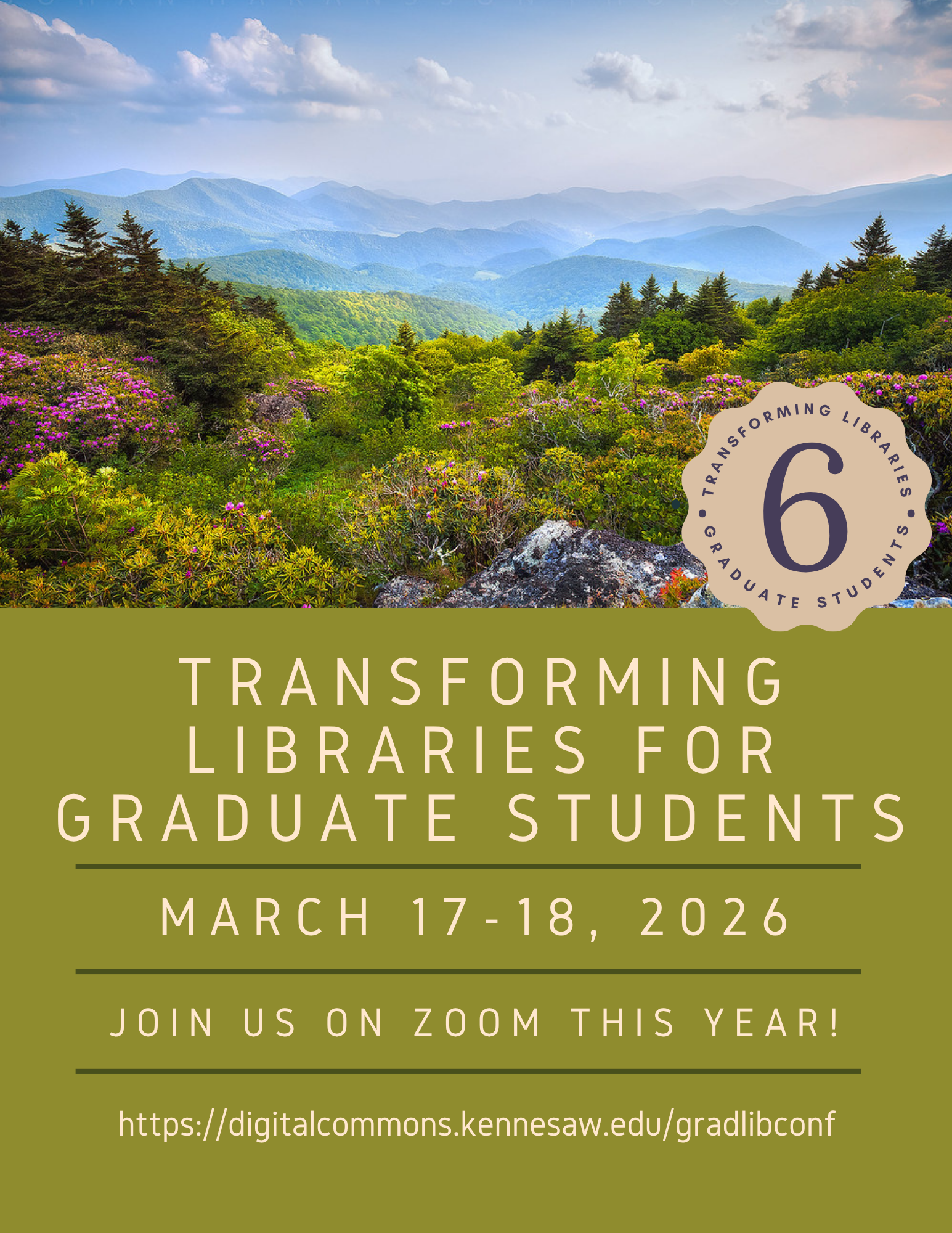Start Date
3-17-2022 1:00 PM
End Date
3-17-2022 1:30 PM
Keywords
research, mischaracterization, misappropriation, politicization, workshops
Description of Proposal
The contemporary information landscape has produced numerous incidents of researchers having their research misappropriated or mischaracterized—or worse, being subjected to intimidation and harassment—by individuals or groups who seek to cherry-pick evidence in support of ideological agendas or who wish to suppress evidence that counters those same agendas. While the COVID-19 pandemic has elevated these tactics in their frequency, visibility, and intensity, this phenomenon is by no means unique to the pandemic. Medievalists and Classicists have seen their research become politicized by white supremacists, and historians and archaeologists of ancient India have had to push back against religious nationalist narratives that contradict the factual evidence.
To help prepare graduate students for the possibility that their research might be mischaracterized, misappropriated, or politicized in other ways by ideologically motivated individuals or groups, I created and taught a workshop geared toward graduate students, entitled “The Public and Your Publications: Strategies for Handling the Misappropriation or Misrepresentation of Your Research”, and offered it as part of Syracuse University Libraries’ Learn@SUL workshop series. The workshop covered how to use social media and tools provided by the Libraries’ databases to keep current on one’s field of research and the public discourse surrounding it. It also covered options for responses to incidents, highlighting examples from the news of successful responses to the mischaracterization or misappropriation of research. This included an activity in which workshop participants viewed videos of experts in various fields testifying before Congressional committees and identified and evaluated how the experts approached the Congresspersons’ or Senators’ slanted questions. Drawing on my own experience as a former community college political science instructor, I encouraged participants to take advantage of teaching assistantships for undergraduate courses as opportunities to have a rehearsal space to apply these strategies by gauging how well a relatively uninitiated audience understands (or misunderstands) their research and testing responses that might clarify misconceptions about their research. The session emphasized that participants should reach out to their current or future institution’s security if they felt threatened and concluded with the caveat that participants must take into consideration the interactions and intersections between aspects of their own identity and the identities of their audience when preparing for and implementing a response to a potential mischaracterization or misappropriation of their research.
Beyond Misinformation: Educating Graduate Students about the Mischaracterization and Misappropriation of Research
The contemporary information landscape has produced numerous incidents of researchers having their research misappropriated or mischaracterized—or worse, being subjected to intimidation and harassment—by individuals or groups who seek to cherry-pick evidence in support of ideological agendas or who wish to suppress evidence that counters those same agendas. While the COVID-19 pandemic has elevated these tactics in their frequency, visibility, and intensity, this phenomenon is by no means unique to the pandemic. Medievalists and Classicists have seen their research become politicized by white supremacists, and historians and archaeologists of ancient India have had to push back against religious nationalist narratives that contradict the factual evidence.
To help prepare graduate students for the possibility that their research might be mischaracterized, misappropriated, or politicized in other ways by ideologically motivated individuals or groups, I created and taught a workshop geared toward graduate students, entitled “The Public and Your Publications: Strategies for Handling the Misappropriation or Misrepresentation of Your Research”, and offered it as part of Syracuse University Libraries’ Learn@SUL workshop series. The workshop covered how to use social media and tools provided by the Libraries’ databases to keep current on one’s field of research and the public discourse surrounding it. It also covered options for responses to incidents, highlighting examples from the news of successful responses to the mischaracterization or misappropriation of research. This included an activity in which workshop participants viewed videos of experts in various fields testifying before Congressional committees and identified and evaluated how the experts approached the Congresspersons’ or Senators’ slanted questions. Drawing on my own experience as a former community college political science instructor, I encouraged participants to take advantage of teaching assistantships for undergraduate courses as opportunities to have a rehearsal space to apply these strategies by gauging how well a relatively uninitiated audience understands (or misunderstands) their research and testing responses that might clarify misconceptions about their research. The session emphasized that participants should reach out to their current or future institution’s security if they felt threatened and concluded with the caveat that participants must take into consideration the interactions and intersections between aspects of their own identity and the identities of their audience when preparing for and implementing a response to a potential mischaracterization or misappropriation of their research.



What takeaways will attendees learn from your session?
Attendees will: